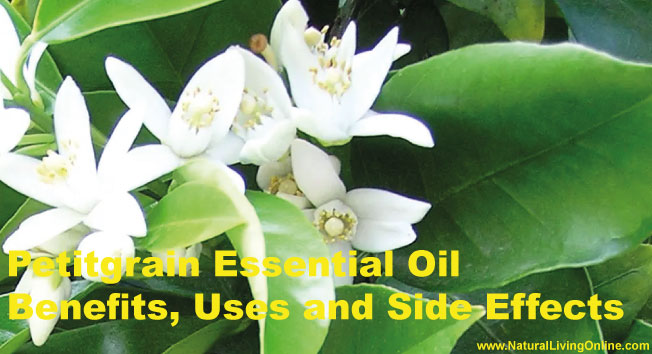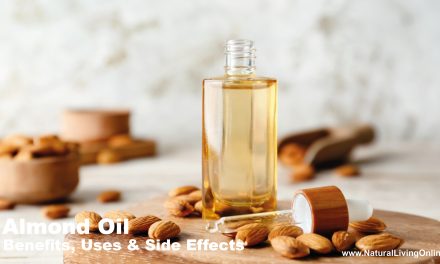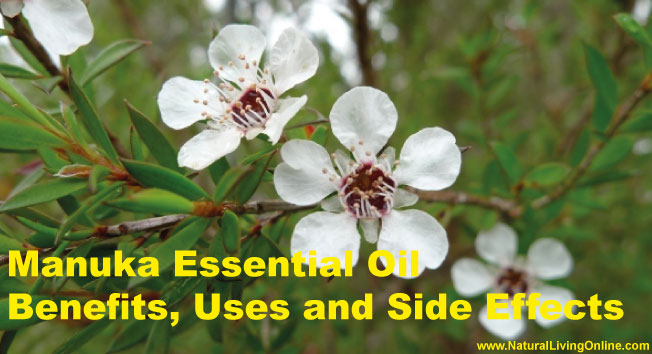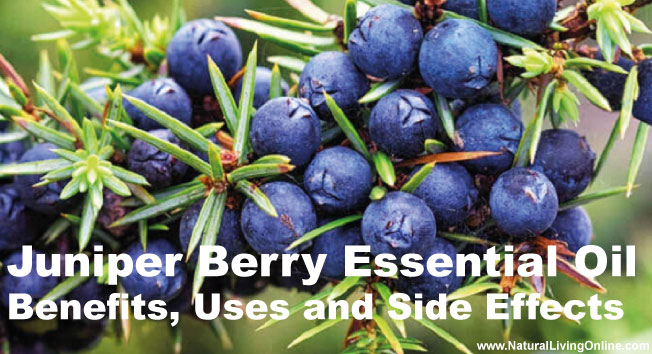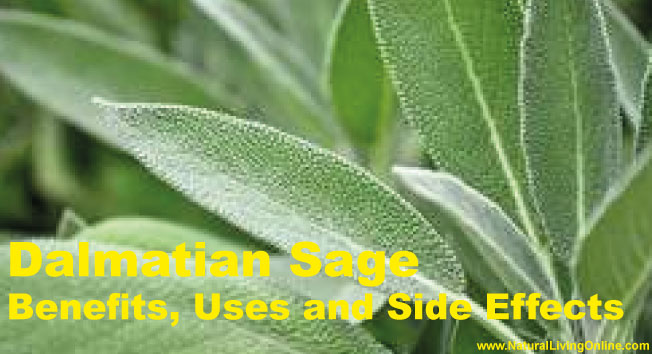Petitgrain essential oil is extracted from the leaves and twigs of the bitter orange tree. This oil has a fresh, floral, and slightly bitter aroma. Petitgrain essential oil has many benefits. Some of these benefits include reducing anxiety and stress, promoting sleep, relieving headaches and migraines, regulating emotions and aphrodisiac properties.
Essential Oil Profile / Monograph
Botanical Name: Citrus aurantium var. amara
Common Names: Bitter orange, Seville orange, Sour orange
Plant Family: Rutaceae
Countries of Origin: Spain, Italy, Morocco
Extraction Method: Cold press
Parts Used: Leaves and twigs
Essential Oil Smell: Fresh, floral, slightly bitter
Essential Oil Color: Yellow to greenish yellow
Viscosity: Thin
Perfumery Note: Middle
Strength of Aroma: Medium
Blends Well With: Bergamot, black pepper, cardamom, clary sage, geranium, jasmine, lavender, neroli, palmarosa, rose, sandalwood
Therapeutic Properties: Anxiolytic, antidepressant, antispasmodic, carminative, deodorant, digestive, sedative, stomachic
Uses: Anxiety, depression, stress relief, insomnia, headaches and migraines, regulating emotions
Contraindications: Petitgrain essential oil can interact with certain medications, so it is important to speak to a healthcare professional before using it if you are taking any medication.
Side Effects: Petitgrain essential oil is generally considered safe to use. However, as with any essential oil, it is possible to have an allergic reaction. If you experience any irritation or discomfort after using petitgrain essential oil, discontinue use and speak to a healthcare professional.
Pregnant women and young children should avoid using petitgrain essential oil. If you are pregnant or breastfeeding, speak to a healthcare professional before using any essential oils.
Chemical Constituents:
Petitgrain – Linalool (24-48%), Limonene (12-28%), Beta-Pinene (6-12%), Gamma-Terpinene (4-8%), Alpha-Terpinene (2-4%), Citronellal (1-3%), Nerol (trace-2%), Geraniol (trace-1.5%)
What is Petitgrain?
Petitgrain is an essential oil derived from the leaves and twigs of the bitter orange tree. The name petitgrain comes from the French word for “little grain”, referring to the small, green fruits that grow on the tree.
Difference between Petitgrain, Neroli and bitter orange essential oil:
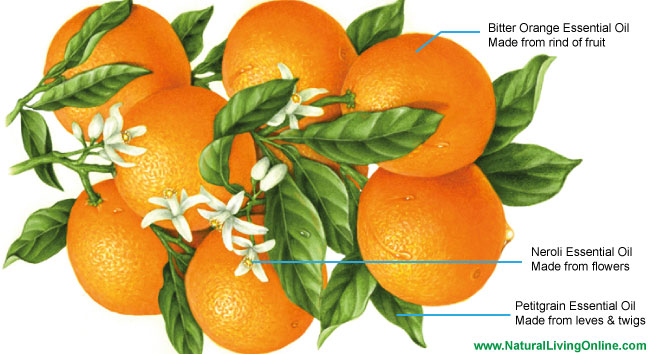
While petitgrain and neroli essential oils both come from the bitter orange tree, they are each derived from different parts of the plant. Petitgrain oil is extracted from the leaves and twigs, while neroli oil is produced from the flowers. As a result, petitgrain oil has a more woody and earthy aroma, while neroli oil is sweeter and more floral. Bitter orange oil is extracted from the rinds of fruit of the same tree.
Benefits
Petitgrain essential oil is said to offer a variety of benefits for health and wellbeing. Some of these potential benefits include:
– Soothing anxiety and tension
– Reducing inflammation
– Boosting immune function
– Enhancing digestion
– Regulating hormones
– Reducing fever
Petitgrain essential oil is also commonly used in skincare products due to its ability to balance oil production and soothe inflammation. It is also said to be helpful for treating acne, eczema and other skin conditions.
Uses
Petitgrain essential oil can be used in a number of ways. Some of the most common uses for this oil include:
-Diffusing it into the air
-Inhaling it directly from the bottle
-Massaging it into the skin
-Adding it to a bath
Historical use of Petitgrain as a herbal medicine
Petitgrain has been used medicinally for centuries. In traditional Chinese medicine, it was prescribed for a range of conditions including fever, headaches and digestive issues. In Europe, it was commonly used to treat anxiety and insomnia.
Topical use
Petitgrain essential oil can be applied directly to the skin or added to lotions,creams and other products. When used topically, it is said to be helpful for treating acne, eczema and other skin conditions. It can also be used to soothe muscle tension and reduce inflammation.
Petitgrain Essential Oil benefits for skin:
Petitgrain essential oil is said to be beneficial for the skin due to its ability to balance oil production and soothe inflammation. It is also said to be helpful for treating acne, eczema and other skin conditions.
Petitgrain Essential Oil benefits for hair:
Petitgrain essential oil is said to be beneficial for the hair due to its ability to balance oil production and soothe inflammation. It is also said to be helpful for treating scalp conditions such as dandruff and psoriasis.
Aromatherapy
Petitgrain essential oil can be used in diffusers and inhalers to fill the air with its woody, earthy aroma. It is said to be helpful for reducing anxiety and tension.
Diffuser blends for aromatherapy with Petitgrain Essential Oil
1. Petitgrain and Lavender: This blend is said to be helpful for promoting relaxation and combating anxiety.
2. Petitgrain and Bergamot: This blend is said to be uplifting and refreshing. It is also said to be helpful for reducing stress and tension.
3. Petitgrain and Peppermint: This blend is said to be invigorating and refreshing. It is also said to be helpful for alleviating headaches and fatigue.
4. Petitgrain and Rosemary: This blend is said to be energizing and uplifting. It is also said to be helpful for improving concentration and memory.
5. Petitgrain and Grapefruit: This blend is said to be uplifting and refreshing. It is also said to be helpful for reducing stress and tension.
6. Petitgrain and Lemon: This blend is said to be energizing and uplifting. It is also said to be helpful for improving concentration and memory.
7. Petitgrain and Frankincense: This blend is said to be calming and relaxing. It is also said to be helpful for reducing anxiety and stress.
DIY recipes using Petitgrain Essential Oil
1. Sleep Aid Spray: CombinePetitgrain essential oil with lavender essential oil and water in a small spray bottle. Shake well and mist your pillow before bedtime.
2. Stress Relief Diffuser Blend: CombinePetitgrain essential oil with Bergamot essential oil and Lemon essential oil in a diffuser. Run the diffuser throughout the day to help reduce stress and tension.
3. Muscle Soothing Massage Oil: CombinePetitgrain essential oil with grapeseed oil and peppermint essential oil in a small bottle. Massage into sore muscles to help reduce inflammation and pain.
4. Skin Balancing Facial Toner: CombinePetitgrain essential oil with water and witch hazel in a small spray bottle. Shake well and mist your face after cleansing to help balance oil production and soothe inflammation.
5. Concentration Booster Inhaler: CombinePetitgrain essential oil with rosemary essential oil and peppermint essential oil in an inhaler. Inhale as needed to help improve concentration and memory.
Frequently Asked Questions
Who should not use Petitgrain oil?
Pregnant women and children under the age of 2 should not use Petitgrain oil. If you are pregnant, nursing or have any medical conditions, please consult your doctor before using.
Can you use Petitgrain oil everyday?
Yes, you can use Petitgrain oil everyday.
Is it OK to breathe in Petitgrain oil?
Yes, it is safe to inhale Petitgrain oil.
How much Petitgrain oil daily is safe?
The recommended dosage of Petitgrain oil is 2-3 drops per day.
Does Petitgrain oil raise blood pressure?
No, Petitgrain oil does not raise blood pressure.
Does Petitgrain oil repel insects?
Yes, Petitgrain oil can help repel insects.
Can I directly use Petitgrain oil on skin?
Yes, you can apply diluted Petitgrain oil directly on the skin. However, it is always best to do a patch test first to ensure you are not allergic.
Is Petitgrain oil good for hair?
Yes, Petitgrain oil can be beneficial for hair health. It can help to improve scalp circulation and promote healthy hair growth.
References:
Aromatherapy Improves Work Performance Through Balancing the Autonomic Nervous System
This website does not provide medical advice.
All information provided on this website, and on associated social media networks, including but not limited to texts, images, and numbers are for general information purpose only. It is not intended as medical advice and it does not include all possible precautions, side effects, or interactions that may occur. Neither NaturalLivingOnline.com nor its author/founder take responsibility for how you use this information. Statements contained on NaturalLivingOnline.com have not been evaluated by the FDA. You should conduct thorough research via multiple sources and consult your physician or qualified doctor before using any essential oil or herbal remedy. Information on NaturalLivingOnline.com must not be relied upon for medical, legal, financial or other decisions.

